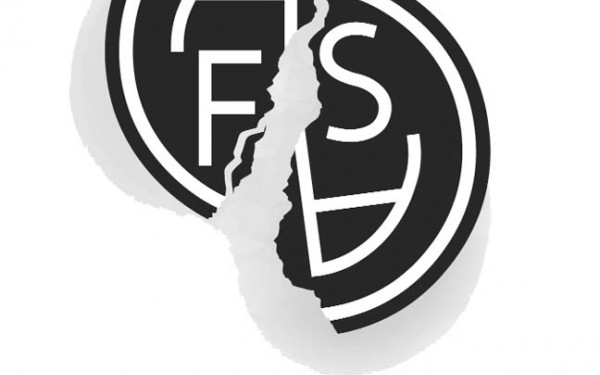Math Association Challenges ASFA Goliath
‘ASFA in principal is a good thing, but it needs to be changed dramatically’
The Arts and Science Federation of Associations, representing 17,000 Concordia students, will undergo a serious shakeup over the next few months. Leading the upheaval will be the Mathematics and Statistics Students Association, which represents 560 members.
While ASFA calls itself a federation, the student group actually controls the budgets of its 27 constituent members.
What began as a budget disagreement in September, when ASFA discovered that MASSA had opened a bank account for itself, leading to the group being stripped of its $450 budget, has become something much larger for the math association.
“At the moment, the Concordia Student Union tells ASFA what to do, then ASFA tells its member associations what to do, then we tell students what we are going to do,” said Bruno Joyal, a MASSA executive. “It should be the other way around; it’s absurd. Students should have power over their student associations.”
On Thursday, MASSA filed for incorporation with the government of Quebec—the first step to accreditation. If its request is accepted and math students give the go ahead, the small student association will hold the same legal status as ASFA and it will collect money directly from its own students. If that happens, MASSA will be financially independent from ASFA.
The economics and history student associations, representing nearly 2,000 students, have also shown interest in pursuing accreditation. Joyal hinted that other groups could follow.
“At the moment, we are not legitimate, we are only a committee within a student association,” he said. “ASFA in principal is a good thing, but it needs to be changed dramatically.”
ASFA President Aaron Green dismissed the argument that MASSA was pursuing accreditation to increase student control over politics at Concordia. According to Green, the dissatisfaction is a direct consequence of the confrontation between the two groups in September.
At the start of the school year, MASSA had money from a wine and cheese where potential employers paid to attend. The math association wanted ASFA to cash its cheques, but it was told that ASFA’s accounts weren’t ready yet. MASSA was told to go to its department, who told them to open a bank account. When ASFA found out—opening an external bank account is a violation of the federation’s bylaws—MASSA’s budget was frozen and moved under the direct control of the ASFA executive.
“It was quite a sanction and MASSA was quite unhappy with the decision. But council made the right choice and upheld the decision,” said Green. “Otherwise anyone could have ignored our financial bylaws.”With its budget considered as special projects funding by ASFA, Joyal said that planning events was nearly impossible.
“Every time we need money we need to fill out forms and explain everything. We need to say we want this type of beer and they say, ‘Are you sure you want this type of beer? What about this kind?’ It’s ridiculous, we were punished and it shows our lack of legitimacy. If you are legitimate, you can open a bank account,” said Joyal. “My intention is that this whole thing changes, and that it changes fast.”
While MASSA can get accreditation, Joyal warned that ASFA’s current rules make it mostly useless. Under the federation’s bylaws, individual members cannot seek independent fee levies.
“If they are alone, they won’t have the representation that ASFA has in the university,” said Green.
“Collecting an independent fee levy would not be in compliance with ASFA’s bylaws and I think that might be their goal,” answered Green when asked if he thought that MASSA wanted to leave ASFA.
The president warned that if MASSA left the federation, students may have to pay more due to possible misappropriation of funds in years to come.
“While we might like this executive, four years ago, there was a lot of misappropriation of funds at the MA level,” said Green, explaining that the ASFA council stripped its own power to have a bank account due to the corruption.
“ASFA has a lot more oversight than any of the member associations,” said Green. “If they collected their own fee they wouldn’t have the checks and balances that ASFA has.”
If MASSA wanted to stay in the federation, many of ASFA’s bylaws would need to change and the organization would need to undergo a radical overhaul.
“We are getting into a constitutional challenge of ASFAs bylaws,” said Green. “I don’t know what members would think of that.”
While Joyal admitted that there were risks, he said that not changing the current system—responsible for apathy and a close relationship between ASFA and the CSU—could be just as risky.
“This system is the same way I inherited it: from a lousy student association with no status and every year it is the same way, with the system being passed on from year to year,” Joyal said. “If students put their foot down and decided to be legitimate, this will be handed on from year to year. This is not a thing where you take a step back.”
The Mathematics and Statistics Students Association will need to get the approval of 25 per cent of its members before March to approve an independent fee levy.
This article originally appeared in Volume 31, Issue 16, published November 30, 2010.

__648_748_90.jpg)


__600_375_90_s_c1.jpg)
